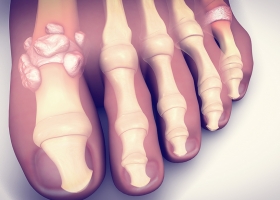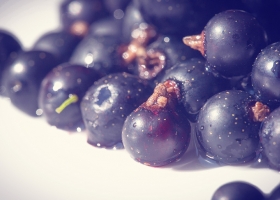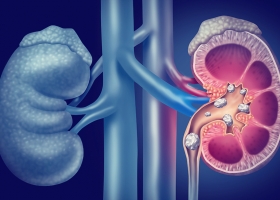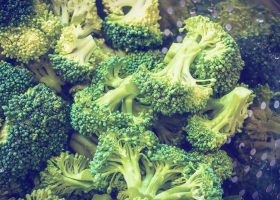The key herbs and nutrients supported by evidence for the PCOS patient. Between 12-21% of women of child-bearing age are affected by polycystic ovarian syndrome (PCOS).[1] This complex condition is multifactorial in nature, different for each affected person and thus requires individualised approaches for each woman.
What are the natural medicines and lifestyle modifications for supporting patients with gout? The cause of gout is hyperuricaemia, defined as elevated uric acid levels in the bloodstream and tissues.
Could polyphenols and their influence on microbiota be an effective strategy for the prevention of neurodegeneration? Polyphenols are naturally occurring compounds in many berries, fruits and vegetables, as well as cereals, tea, coffee, cocoa, and wine. Polyphenols suppress neuroinflammation and protect neurons against oxidative stress and inflammatory injury, thus promoting memory, learning, and cognitive functions.
Often, kidney stone sufferers are told what to avoid.. but are they being screened for simple nutrient deficiencies - and which are the most important?
Something so simple, taking a relaxing bath, can now be considered an evidence-based lifestyle prescription. A recent randomised, controlled, cross-over study from Japan has found that the benefits of a hot bath for just 10 minutes a day improves both physical and emotional aspects of quality of life.
Glutathione is our body’s most powerful antioxidant and the main detoxifying agent in the body. Glutathione also plays a fundamental role in supporting the immune system, the metabolism of nutrients and many other cellular processes.[4,5]
Copper is a trace element involved in a wide range of biological processes vital to sustain life. Yet – as with many other metal ions – it is toxic when present in excessive quantities, especially for those with copper-sensitive disorders such as Wilson’s disease.








